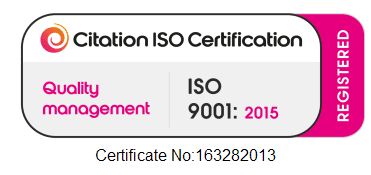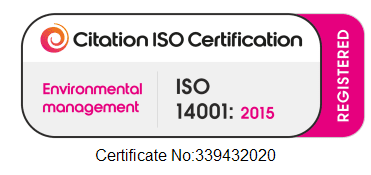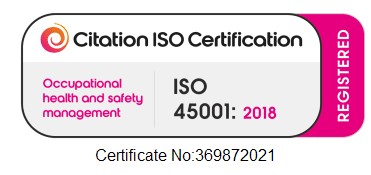The Facts on “Biodegradable”
Biodegradable is a generalised term for the physical and chemical decomposition of materials under certain environmental conditions and in the presence of specific catalysts. In the broadest sense, all plastics could be described as biodegradable as they will eventually disintegrate, but this can be misleading when comparing their environmental impact.
To evaluate a plastic’s environmental credentials, we need to consider its
- Rate of decomposition
This can vary from a few weeks to thousands of years. Eco-friendly plastics are manufactured from substances that rapidly decompose naturally or contain additives that accelerate decay.
- Degree of decomposition
As they disintegrate all plastics leave residue, with particle size and chemical nature determining their potential impact on the environment. Large particles can be hazardous to wildlife if ingested, even if they are chemically inert, while harmful chemical substances leaching into soil and water courses can have widespread consequences for ecosystems and human health.Let’s look at the various terms used to describe ‘greener’ plastics and see how they affect commercial use, recycling processes and the environment.
- Oxo-biodegradable
This plastic contains a metallic additive that when exposed to oxygen and sunlight, sets off a slow chemical reaction that accelerates the disintegration process.Once it has been added to landfill it is deprived of the two elements that make it special and it becomes no different to a conventional plastic.
Even in the open – strewn along hedgerows and across waste land – it can only disintegrate so far into particles that can still be detrimental to the environment.Product shelf life is also affected unless exposure to oxygen and sunlight can be totally prevented.Oxo-biodegradable is now rapidly becoming discredited as a viable, environmentally-friendly option and production is being phased out as organisations are calling for a total ban.
- Bio-compostable
These plastics are made from starch-based substances that naturally occur in sustainable plant crops such as potatoes. Decomposition is rapid and complete, leaving only carbon dioxide, water and small biomass particles with no detrimental effect on the environment.Decomposition only begins when the plastic is mixed with microorganisms and bacteria in suitable high-humidity, high-temperature composting conditions regulated by EN 13432 for packaging and EN 14995 for plastic material.As specific conditions are required for decomposition to happen, bio-compostables perform equally as well as conventional plastics under normal conditions and shelf-life is unaffected.They must however be separated from other plastic waste as they cannot be recycled with conventional plastics. Local authorities must also ensure that commercial composting systems conform to the required regulations if bio-compostable plastics are to be included in municipal waste.
- Landfill biodegradable
When a patented additive is added to conventional plastic, decomposition by landfill microorganisms can be as much as 95% faster, metabolising the plastic’s molecular structure into a natural plant fertiliser.Landfill biodegradable is regulated by ASTM D5511. Performance is good and shelf-life is unaffected as the plastic will only decompose when mixed with microorganisms in an anaerobic environment such as a landfill site.
Another benefit of landfill biodegradable is that is fully recyclable with conventional plastics and needs no separation.
Hub Packaging is a proactive partner in discovering eco-friendly alternatives to conventional packaging, including its Biofilm™ bio-compostable air pillow films for void fill and water activated kraft paper tapes for carton sealing. We also work with packaging users to develop alternative packaging processes that reduce or eliminate plastic use while maintaining or improving performance and cost-efficiency.
With every consignment we ship to our customers we contribute financially to the recovery and recycling of packaging waste via:
- Repak – a not-for-profit scheme in the Republic of Ireland, and
- Our compliance with the Producer Responsibility Obligations (Packaging Waste) Regulations in Northern Ireland through the Northern Ireland Environment Agency (NIEA).
Eco-plastics is a perpetually evolving market, so stay in touch with Hub Packaging to see how we can make your packaging greener.
You can also speak to Andrew Ward, Managing Director of Hub Packaging right now to discuss arranging a Hub Pre-Cycling Audit for your organisation.







